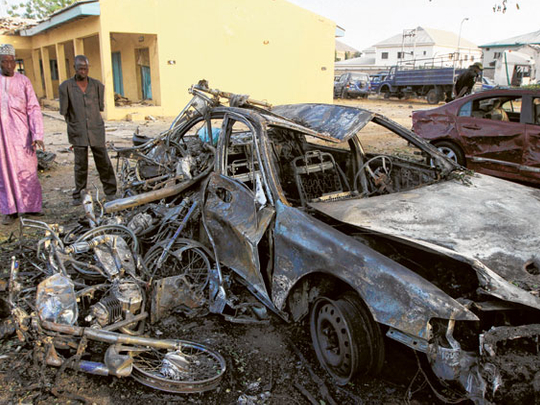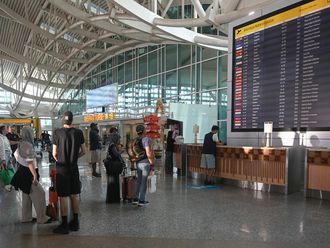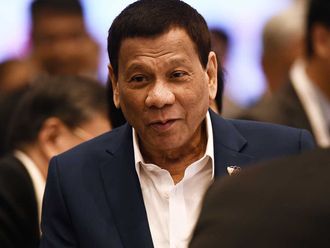
London: Nigeria is up against a hydra-headed monster in the Boko Haram sect that claimed responsibility for last Friday's devastating attacks on the city of Kano.
The group began its existence in relative obscurity, in Nigeria's remote and least developed region in the north-east, staging occasional drive-by shootings.
But since a 2009 government attempt to crush it has rapidly extended its reach to become a threat to Nigerian unity and on the radar as a potential global menace as far away as the US.
For counter-terrorism specialists it might be tempting to see the capacity and techniques the insurgency has acquired so swiftly, as signs mostly of external involvement.
There are indeed grounds to fear that the Al Qaida franchise further north in the Maghreb is involved, that Boko Haram members have trained as far away as Somalia, and that back home they are receiving weapons and other support from fellow extremists further afield. But this only explains part of the story.
The group last year carried out the bombing of the UN headquarters in Abuja, the capital — a shift to an international target that highlighted the possible involvement of global terror networks.
At Christmas, its members attacked a church, killing 37 worshippers in a clear bid to fuel religious division in Nigeria's multi-faith society. Now in Kano, they have shown their capacity to carry out military-style raids on police stations and other state symbols across the country's second largest city.
Another blow
In doing so, Boko Haram has delivered another blow to President Goodluck Jonathan's government, which is already reeling from the impact of this month's nationwide protests against the removal of a long-standing fuel subsidy.
By some estimates, more than 250 people were killed in the Kano attacks, leaving Nigerians to ponder how it is that the state is failing so spectacularly to contain the insurgency.
Jonathan himself has said the country is facing a threat more serious to its existence than any since the Biafran war in the 1960s.
Boko Haram's agenda has evolved from relatively parochial origins. Its initial attacks can be explained partly as a reaction to the brutal military methods deployed against it. Its members now talk of overthrowing the state.
They also advocate implementing Islamic law across Nigeria and of dividing the country along religious lines, calling recently for Christians in the north to leave.
Jonathan's supporters are convinced, however, that there are other sinister agendas at play and that they are more political than religious.
They believe the sect is benefiting from patronage from disgruntled members of the northern elite and security services trying to discredit the president, a southern Christian, and wrest power back to the predominantly Muslim north.
Polarisation
"What appears clear is that the focus is on destabilising the country [and] portraying the government as one that cannot competently keep the country together," says one of his advisers.
The aim, he adds, may be to keep the government so preoccupied with security that it is unable to achieve much else between now and elections in 2014. "They want him to spend time running around after Boko Haram so he has nothing else to show," the adviser says.
As the country becomes more polarised, this narrative is gaining traction.
Growing inequality
In the north, there is a deep sense of frustration at the consolidation of power by a southern Christian at a time many in the north feel it was their turn to rule.
This is compounded by the absence of a development agenda to address growing inequality between the oil-rich south, where much of the country's business community is based, and a jobless north.
In the south, as the violence intensifies, calls for the north to go it alone are becoming more strident.
The defining question of Jonathan's presidency will be whether the Nigerian state has the capacity to deal with these contradictions. Or whether other groups, be they global terrorist networks or local politicians, prove better able to exploit them for their own ends.
— Financial Times













